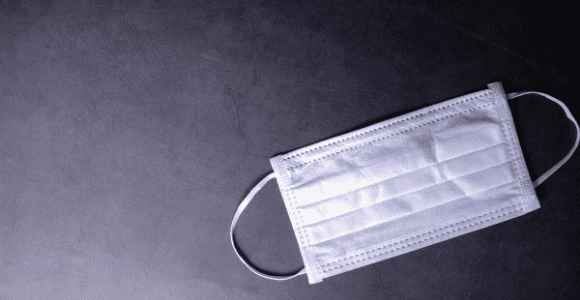Welcome readers! Please subscribe through the buttons on the right if you enjoy this post.
(Read this series from its beginning here.)

Jesus’ political and economic protest in the temple courtyard was standing up to systems that sacrifice the vulnerable: the poor widows and fatherless.
“They devour widows’ houses.” (Mark 12:40)
But a poor widow came and put in two very small copper coins, worth only a few cents. Calling his disciples to him, Jesus said, “Truly I tell you, this poor widow has put more into the treasury than all the others.” (Mark 12:42-43)
Religion that God accepts as pure and faultless is this: to look after orphans and widows in their distress. (James 1:27)
I also want to note, because some people repeatedly bring Jesus’ temple protest to my attention in an attempt to ignore Jesus’ nonviolent teachings, that Jesus’ actions in the Temple were not because of a violent fit of rage or Jesus losing his temper. His protest was premeditated, intentional, and purposeful (Mark 11:11), and it is in perfect harmony with his teachings on nonviolent resistance, even given the property damage involved.
Jesus valued people over profit and the property of the privileged and powerful. His protest shut down the economic activities of the temple that day, making it impossible for things to continue on as normal.
It reminds me of Sam Wells’ introduction to Binding the Strong Man: A Political Reading of Mark’s Story of Jesus by Ched Myers:
“The one thing everyone seems to agree on today is that there’s plenty wrong with the world. There are only two responses to this—either go and put it right yourself or, if you can’t, make life pretty uncomfortable for those who can until they do. When we take stock of our relationship with the powerful, we ask ourselves, ‘Does the shape of my life reflect my longing to see God set people free, and do I challenge those who keep others in slavery?”
Jesus was making life uncomfortable for the powerful of his day. So the gospel authors attached Jesus’ protest to the words found in Jeremiah.
“The word that came to Jeremiah from the LORD: Stand in the gate of the LORD’S house, and proclaim there this word, and say, Hear the word of the LORD, all you people of Judah, you that enter these gates to worship the LORD. Thus says the LORD of hosts, the God of Israel: Amend your ways and your doings, and let me dwell with you in this place. Do not trust in these deceptive words: ‘This is the temple of the LORD, the temple of the LORD, the temple of the LORD.’ For if you truly amend your ways and your doings, if you truly act justly one with another, if you do not oppress the foreigner, the orphan, and the widow, or shed innocent blood in this place, and if you do not go after other gods to your own hurt, THEN I will dwell with you in this place, in the land that I gave of old to your ancestors forever and ever. Will you steal, murder, commit adultery, swear falsely, make offerings to Baal, and go after other gods that you have not known, and then come and stand before me in this house, which is called by my name, and say, ‘We are safe!’—only to go on doing all these abominations? Has this house, which is called by my name, become a den of robbers in your sight?” (Jeremiah 7:9-11, emphasis added.)
Both Jeremiah’s and Jesus’ society had grown into a system of oppression where those who were vulnerable— the foreigner, the orphan, the widow, the innocent—were sacrificed for the benefit of those in power. This also brings to mind how our working population is being sacrificed today in the name of the economy during this COVID-19 pandemic.
The Jesus story calls us away from a way of life that sacrifices foreigners, orphans, widows, and innocent victims. We’ll consider this next.













